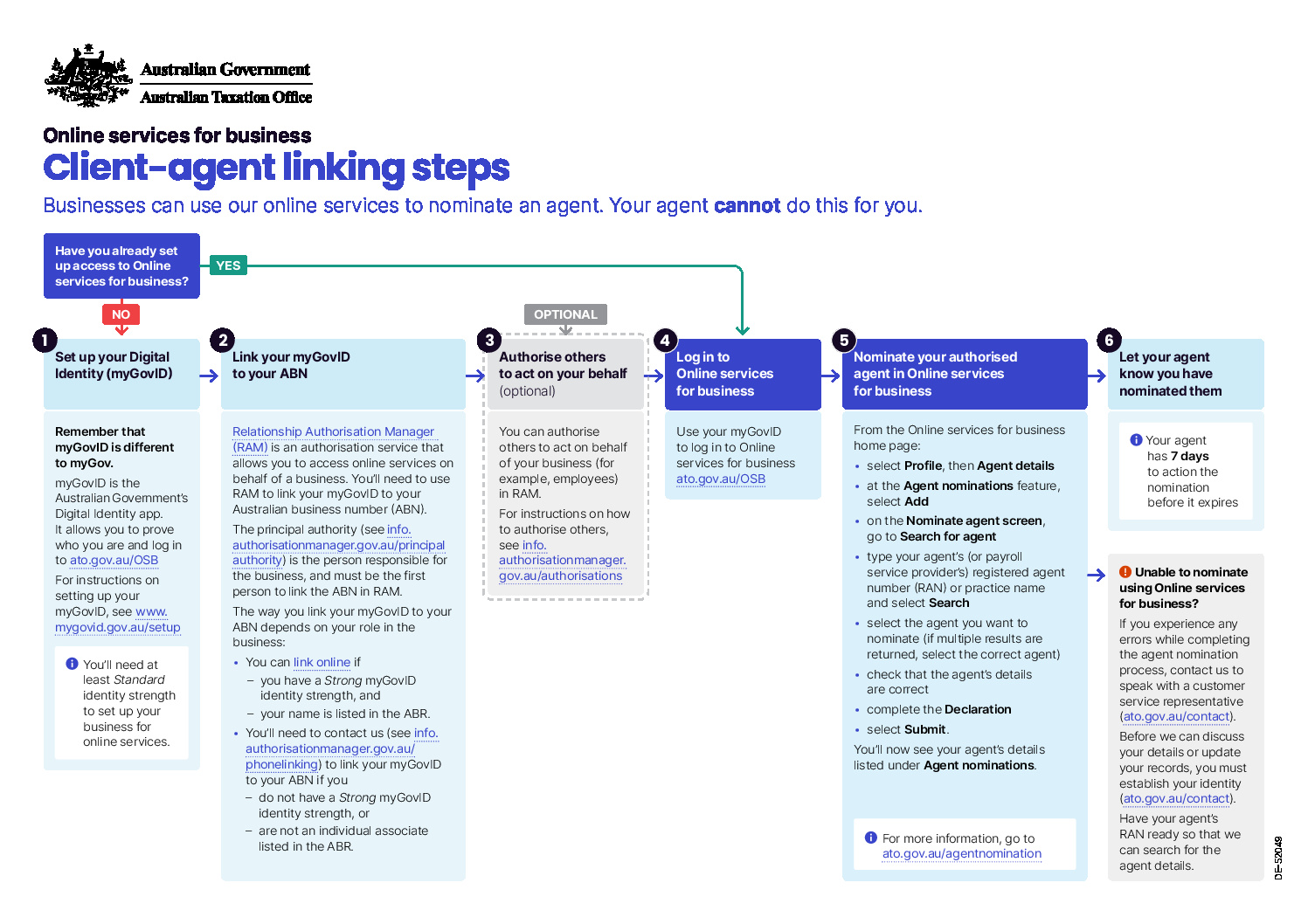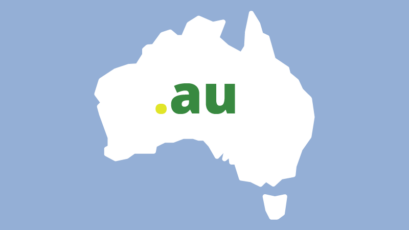Two hundred outlaw motorcycle gang members have been served notices by the Australian Taxation Office (ATO) for failing to comply with their tax obligations.
There are not a lot of details about exactly what type of income the ATO is targeting but tax law does not differentiate between legally and illegally earned income: if you earn income, you pay tax. Simple.
An English tax law case back in 1886 set the precedent with Justice Denman stating, “In my opinion, if a man were to make a systematic business of receiving stolen goods, and to do nothing else, and he thereby systematically carried on a business and made a profit of 2,000 per year, the Income Tax Commissioners would be quite right in assessing him if it were in fact his vocation.”
The difference between legally and illegally derived income is that you can’t claim losses or expenses if you have been convicted of an indictable offence related to that business activity.
The operation targeting the bikers is part of a joint taskforce with the Australian Federal Police. Data matching technology in recent years has helped identify movements of cash and income from undeclared, and often, illegal activities. The ‘follow the cash’ philosophy works well and often results in frozen bank accounts, disrupted cash flows and supply chains, which impacts on the overall viability of illegal activities.













